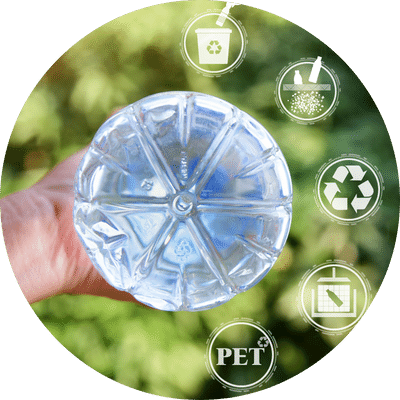Why are bees so important?
Save the bees is a frequently heard plea—not only from Kuwi.org. You’ve probably seen or heard it on TV before. But why are bees so important?
The simplest answer is that bees pollinate food crops. Pollination occurs when insects—such as bees and other pollinators—travel from one plant to another, fertilizing the plant. Bees have tiny hairs all over their bodies that attract pollen. When pollen sticks to a flower on a bee, it travels with the bee to its next destination. When a bee lands on the next plant or flower, the pollen is spread, leading to cross-pollination. This process results in later producing fruits, vegetables, and seeds.
Reasons why bees are important
The vast majority of flowering plants depend on pollinators for reproduction. Our food, such as vegetables and fruits, relies on pollinators transporting pollen from one flower to another. But the value of bees goes further… Bees are also responsible for nuts, coffee, and even spices, but we’ll get to that shortly. Here are the top 5 reasons why bees are important:
- Contribute to producing 1/3 of our food supply
- Facilitate the production of half of the world’s fibers, oils, and other raw materials
- Contribute to the production of many medicines
- Provide food for wildlife
- Help prevent soil erosion

Why are bees so important for the environment?
Nearly 90% of the flowering plant species on the planet require pollinators to assist in reproduction. This not only provides food for animals but also creates shelter for them. For our insect friends, these plants even form their homes.
Why are bees dying out?
The precarious situation of bees is widespread: there has been a significant decline observed in both managed bee colonies and wild populations. Several factors contribute to this, each of which is serious on its own, but together they create a disaster.
Pesticides: These chemicals are naturally designed to kill insects. However, some systemic varieties, especially neonicotinoids, are more harmful to bees than others.
Loss of habitat: As rural areas urbanize, the remaining green spaces are often stripped of all weeds and their flowers. This eliminates the food source for bees.
Climate change: Unusually warm winters have led to changes in plant schedules. When bees emerge from hibernation, the flowers they need to feed on have already withered and died.
Disease: Pathogens carried by mites weaken bees, making them more susceptible to pesticide poisoning. On the other hand, if bees are already weakened by pesticides, they are more vulnerable to diseases.
What happens if bees continue to die?
A world without bees is hard to imagine, but we know that the consequences for our food supply would be disastrous. Other animals like birds, bats, beetles, and butterflies are also pollinators, transferring pollen between flowers and plants, but the bee is the primary pollinator. A bee can visit between 50 and 1000 flowers in a few hours, which is why bees pollinate about 80 percent of our flowering crops.
Wind also plays a role in pollination, as in the case of crops like corn and wheat. So, we won’t starve entirely. However, we will miss out on numerous nutritious delights; without bees, there would be no almonds, apples, cherries, watermelons, strawberries, and so on. We would lose a diverse and vibrant food palette.
If it comes to that, we can only hope that technological advances will find ways for pollination, perhaps through drones. Otherwise, manual pollination is an option, but it will come at a cost, a significant one. This means a simple apple could become as expensive as caviar, and a bouquet of flowers would be a luxury only for the wealthiest.

Why we need to save bees quickly
The decline in bee populations warns us that we are on a dangerous path. The same pesticides that kill bees also threaten many other insects. Insects are essential for our ecosystems.
These toxic chemicals also pollute our air and water. They linger in the soil for months or even years, harming the vital soil communities needed to grow our food.
Saving the bees means saving many other insects, animals, and plants. If we truly lose our bees, paying €50 for an orange may not even be the biggest problem.






















